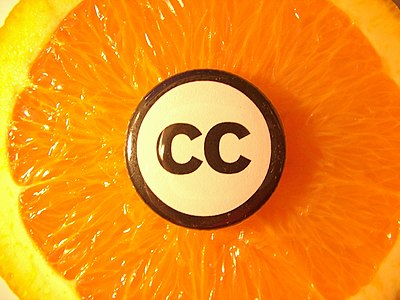Introduction and course aims
| Course dashboard for #OCL4Ed | |
|---|---|
| Course guide | Introduction & Aims | Course structure | Meet your facilitators | Teaching approach | Assessment and certification options | Course schedule | Resources | About OCL4Ed | FAQs | Statistics |
| Assignments | Assignment 1 |
| “ | A time is marked not so much by ideas that are argued about as by ideas that are taken for granted. The character of an era hangs upon what needs no defense. | ” |
| —Lawrence Lessig[1] | ||
Access to education is a fundamental human right and UNESCO considers this essential to exercising the other human rights[2]. This course is contributing to the inevitable outcome in the future where open education will be taken for granted by all education institutions.
Sadly, today many education institutions restrict access to learning by locking content behind all rights reserved copyright. In today's world where the cost of replicating digital information is near zero combined with the affordance that the cost of developing high quality courses collaboratively using open educational resources is far cheaper than doing this alone, we have unprecedented opportunities to promote the sustainability of education futures for all.
This micro Open Online Course (mOOC) on open content licensing introduces the concepts of open education, copyright and Creative Commons as a contribution from the OER university collaboration and the UNESCO-COL OER Chair network in widening knowledge and capacity development in support of the global open education movement.
This course is freely available for anyone with an interest in open education with options to earn certificates of participation or formal assessment for tertiary academic credit. This course guide provides and overview of the course and assessment options available for participants.
Course aims
Open content licensing for educators is a free micro Open Online Course (mOOC) designed for educators who want to learn more about open education resources, copyright, and creative commons licenses. This course will help you to:
|
